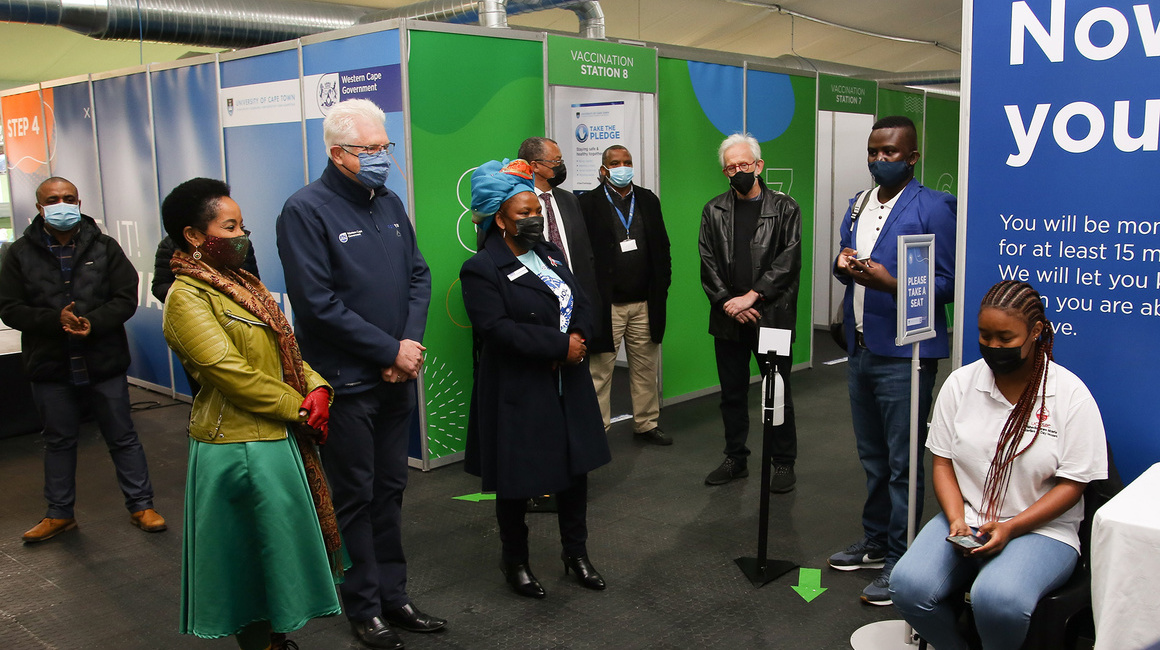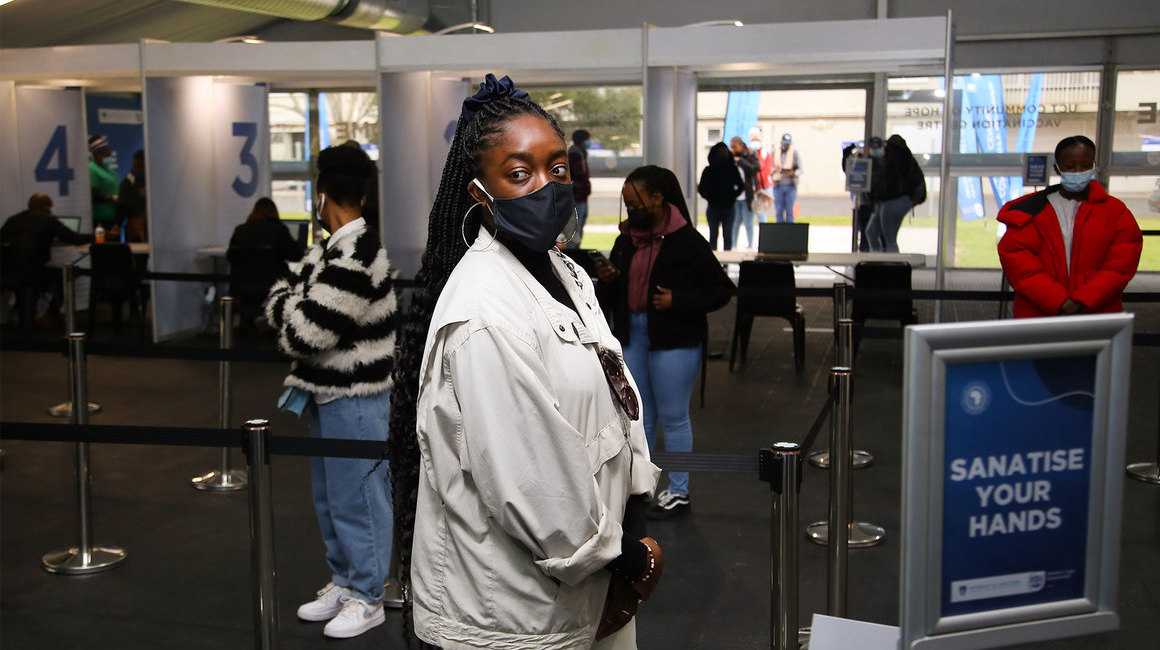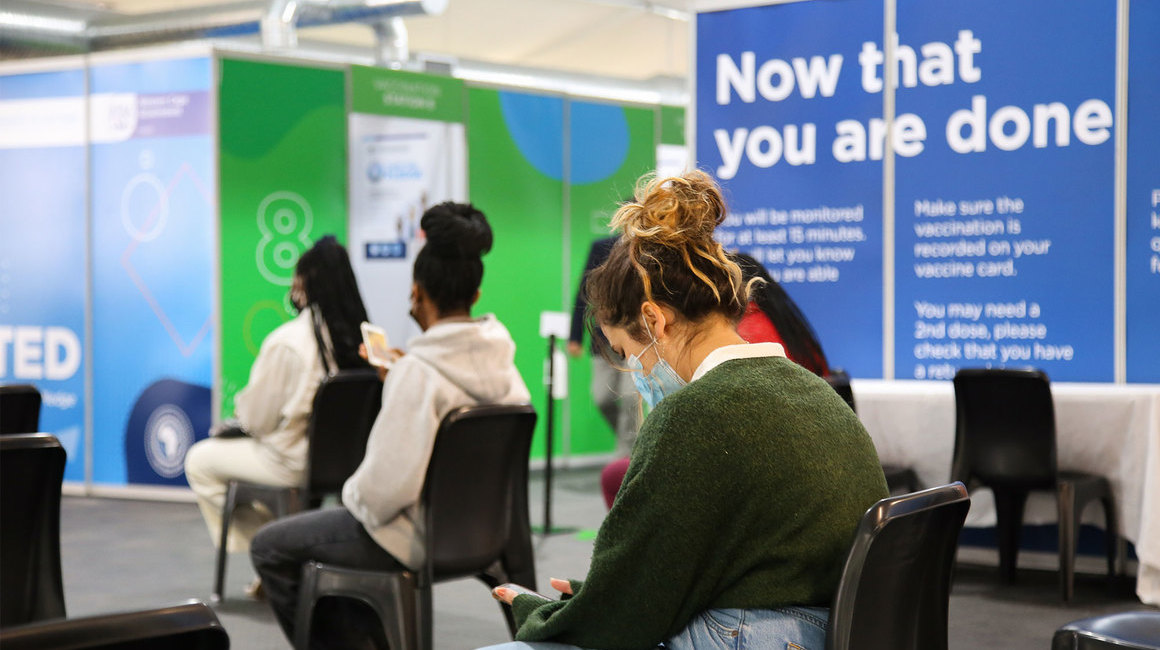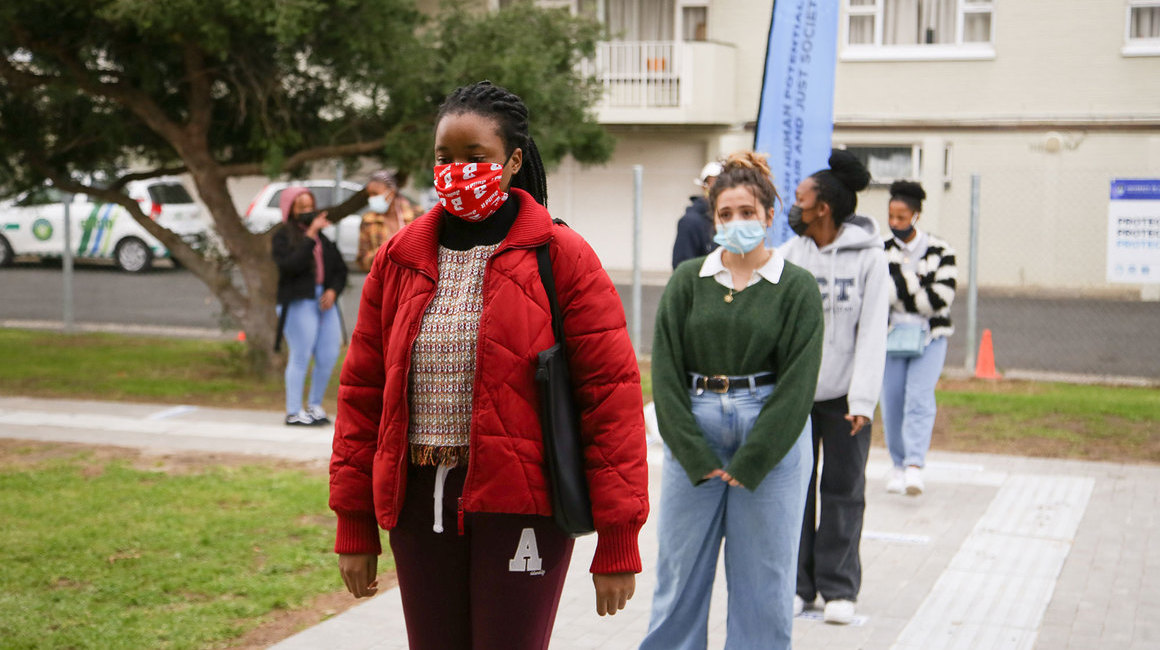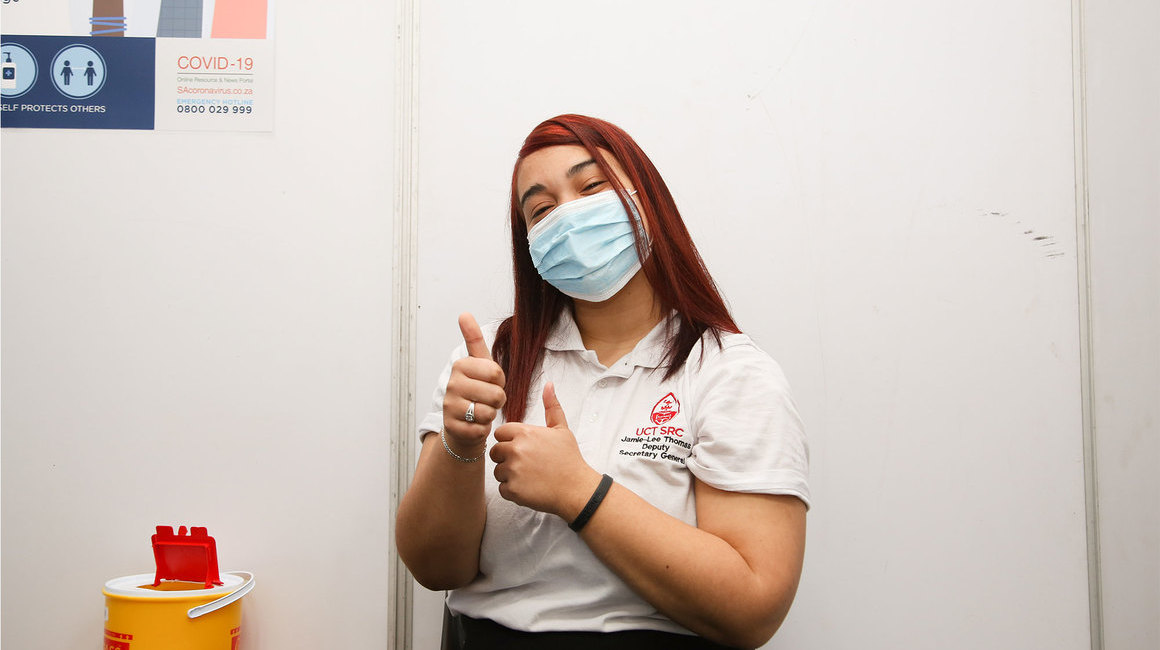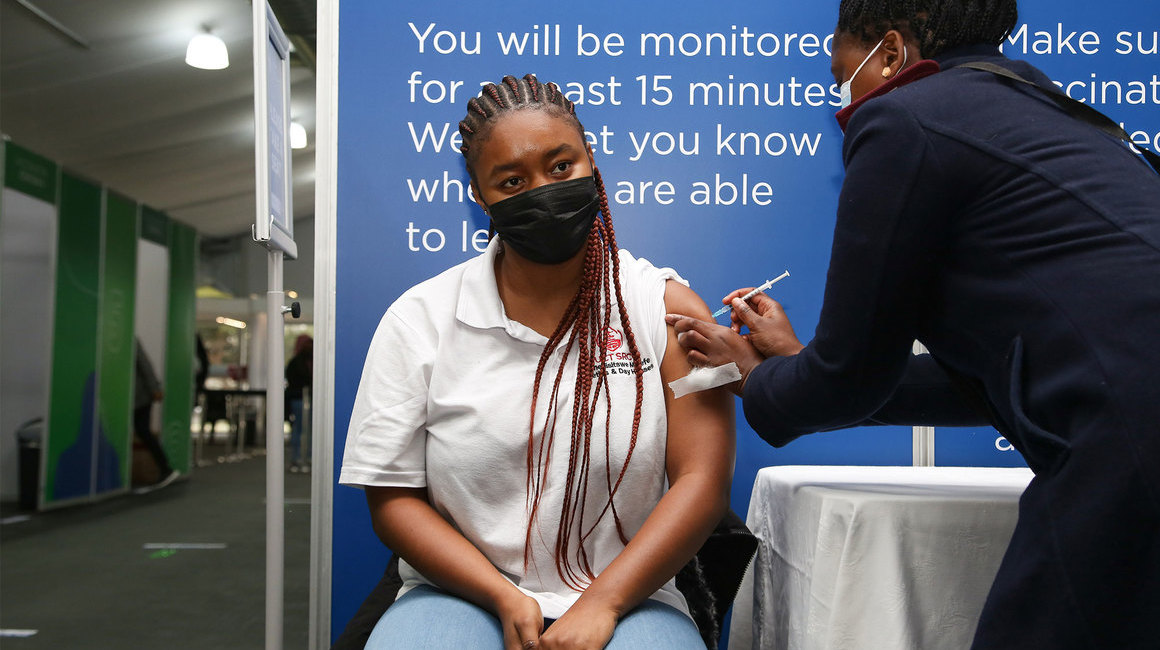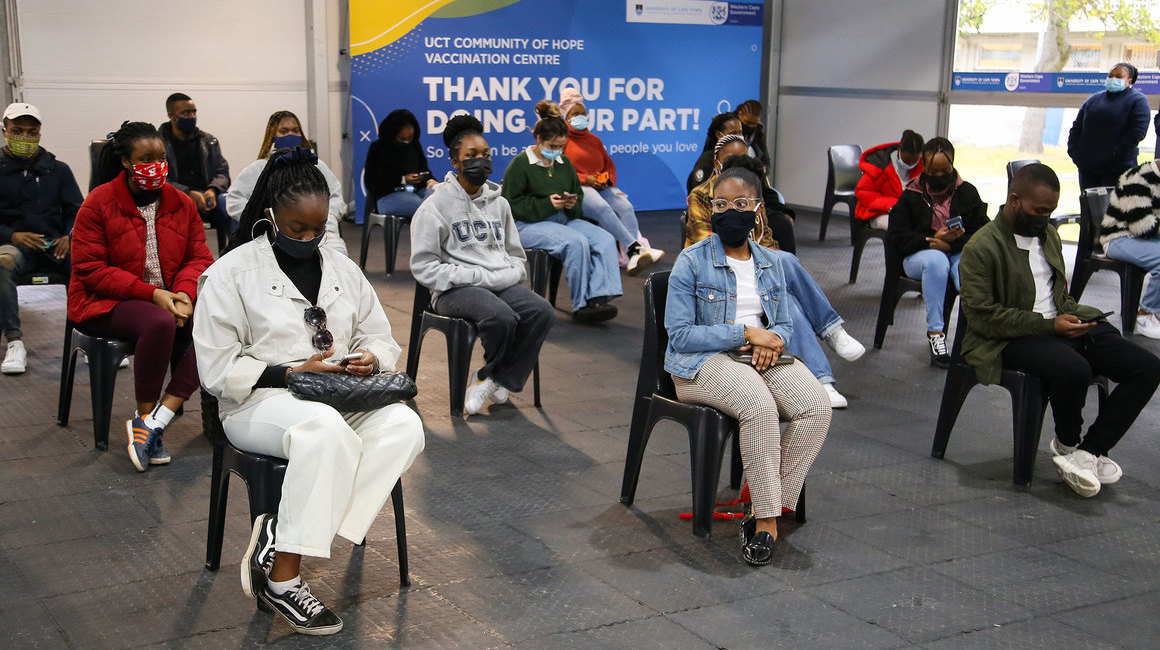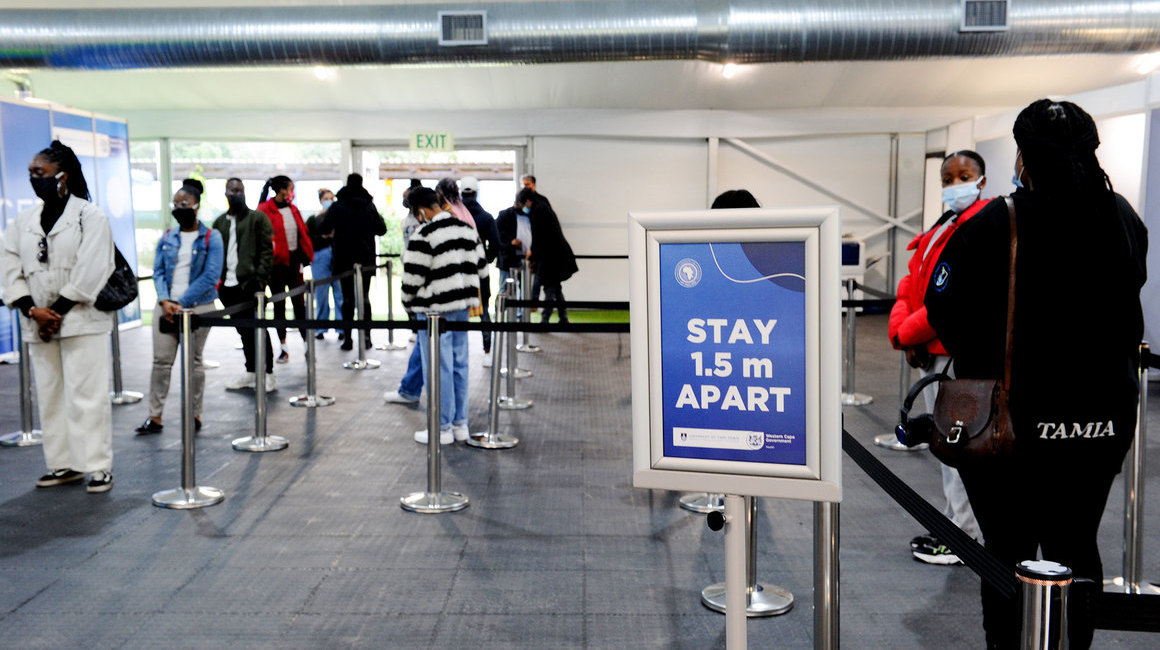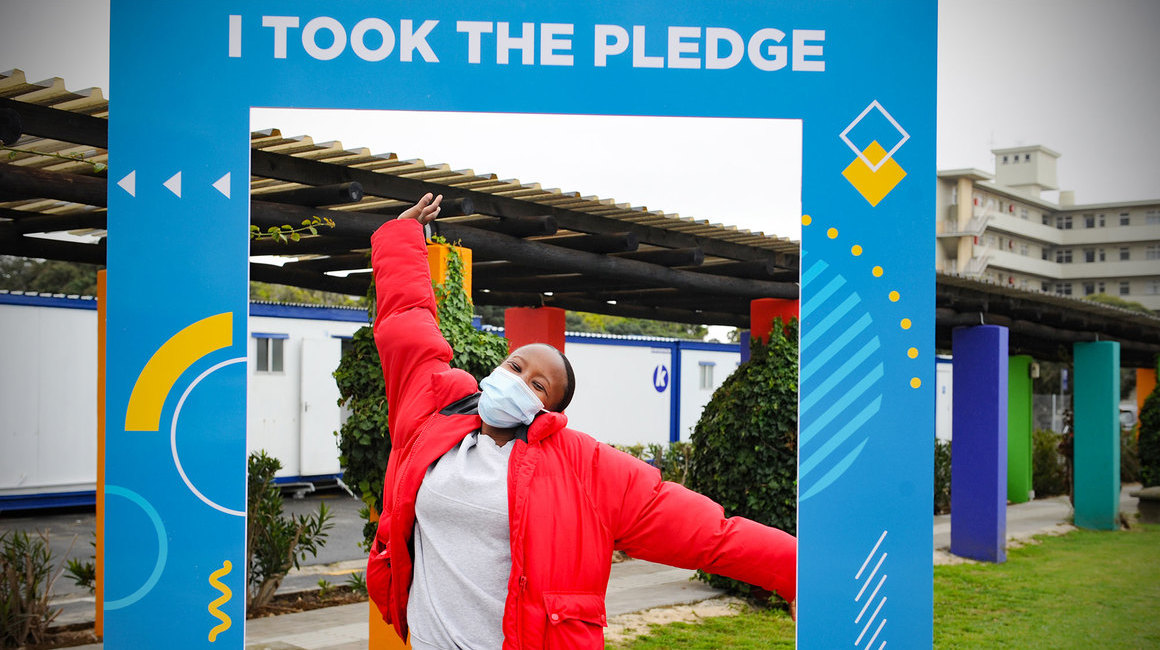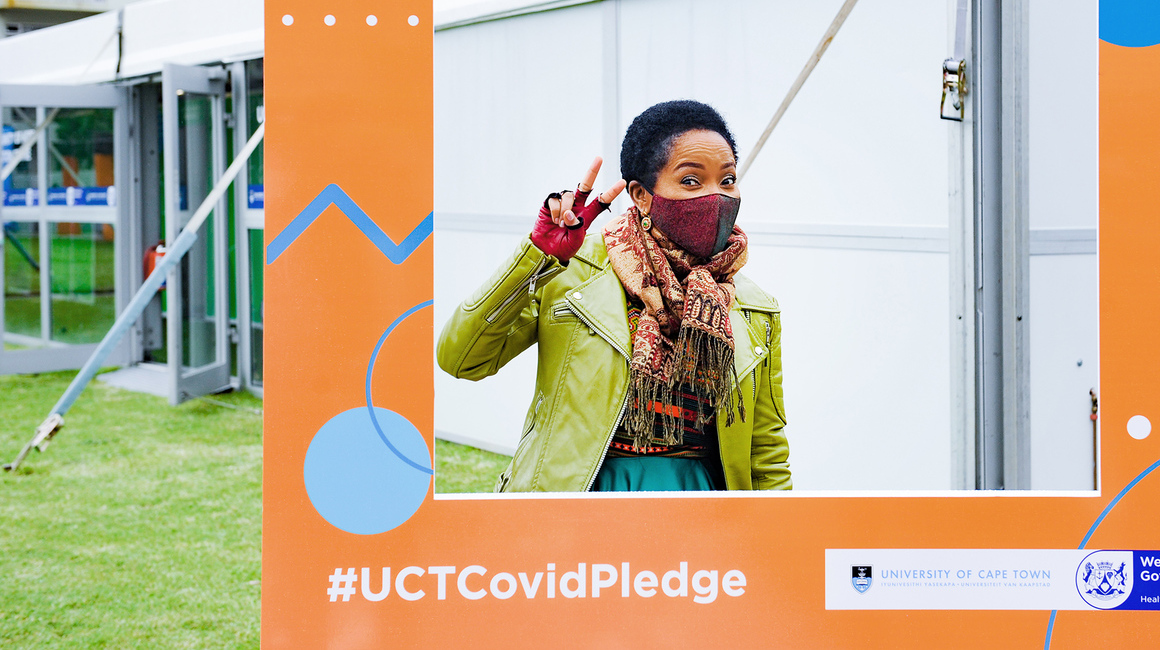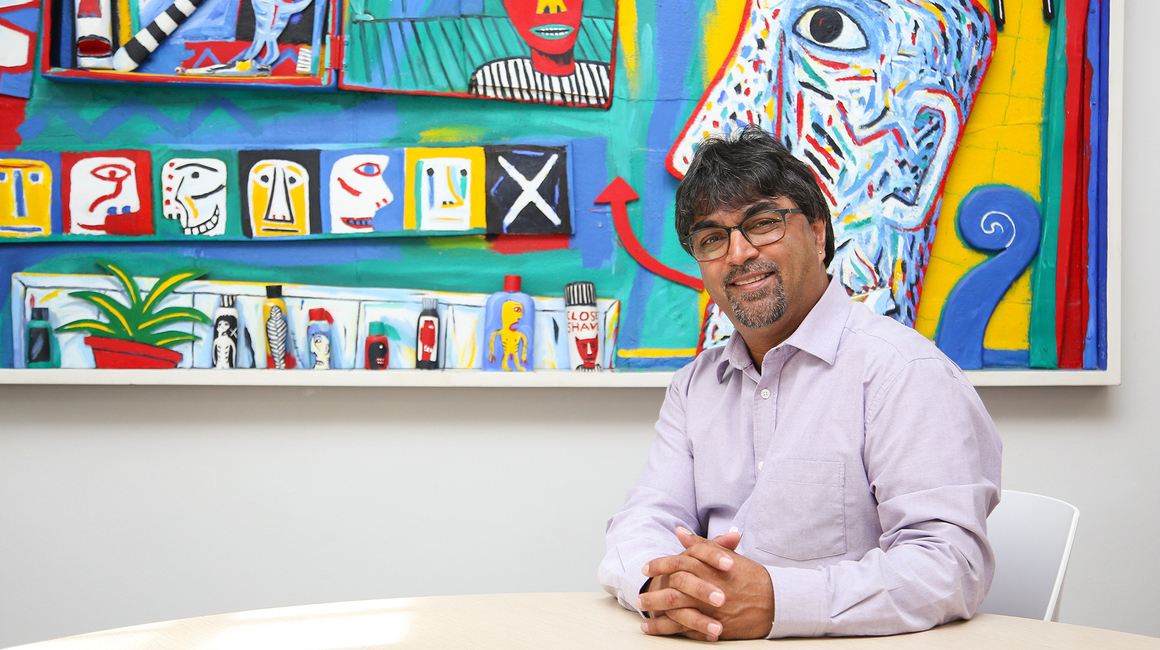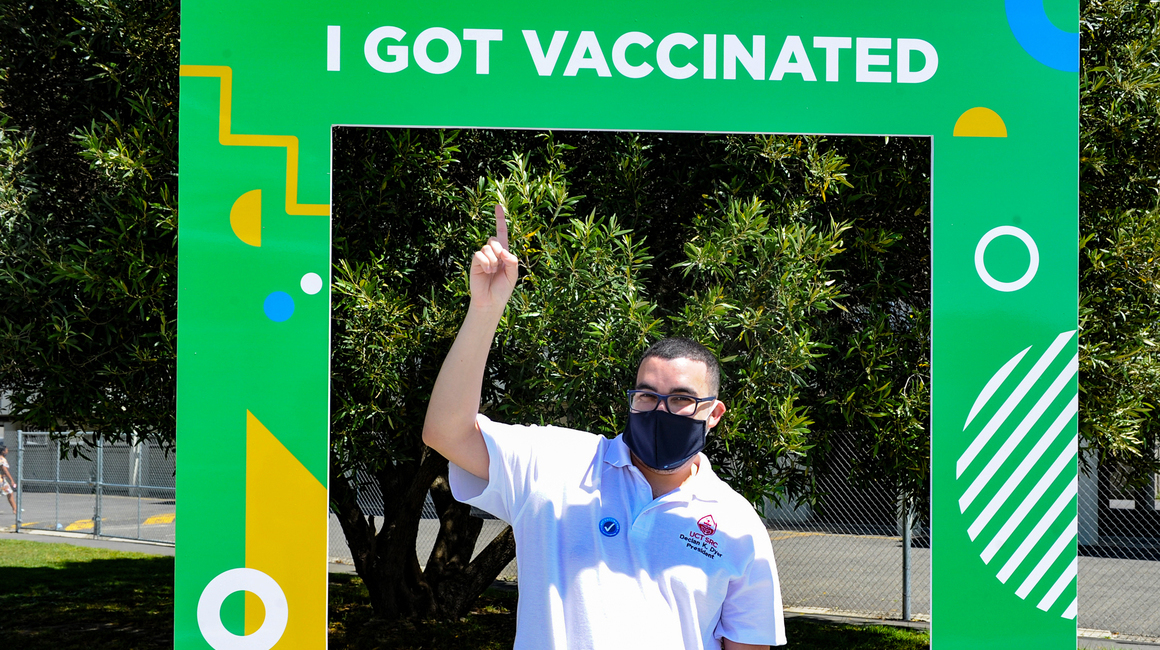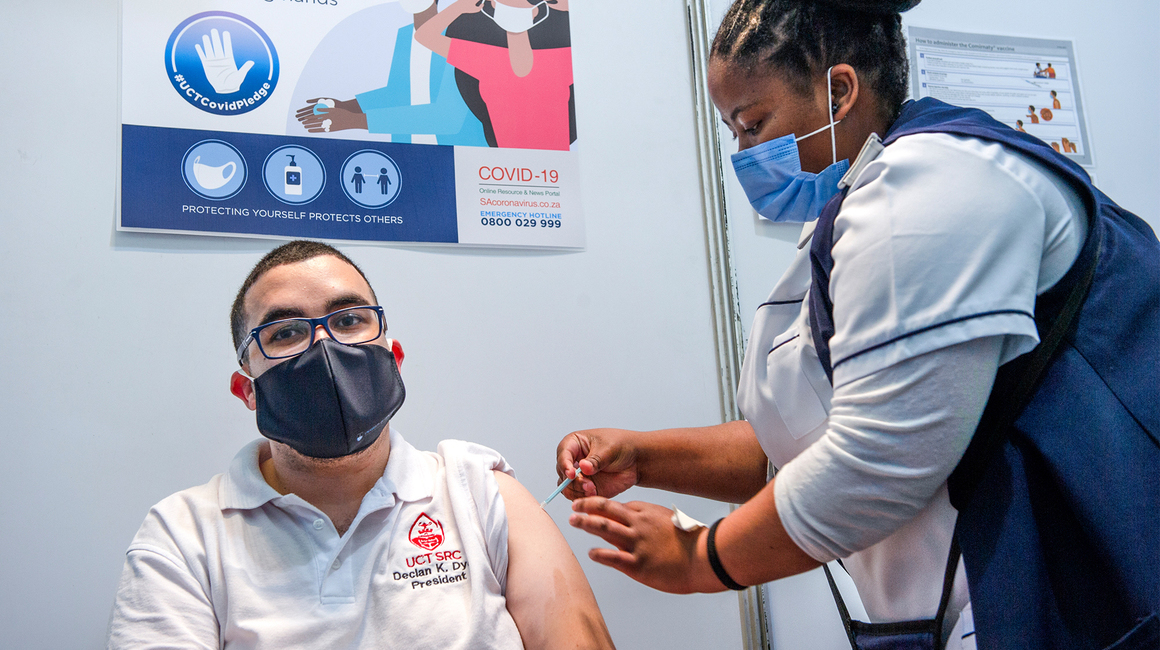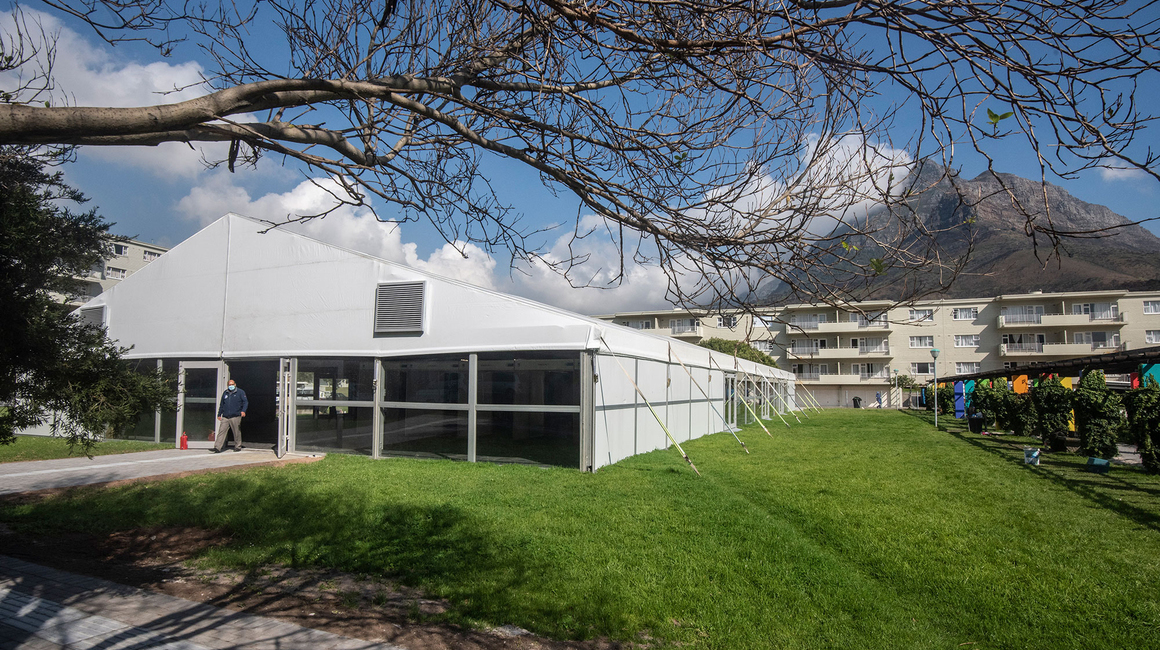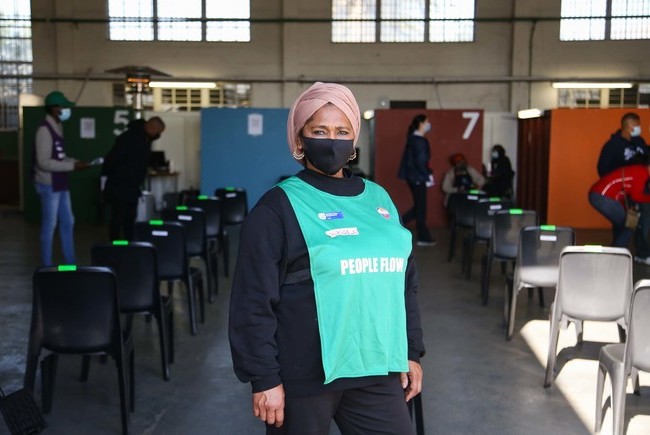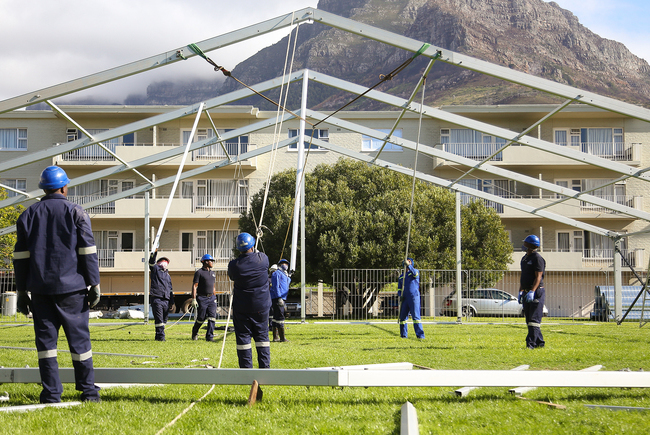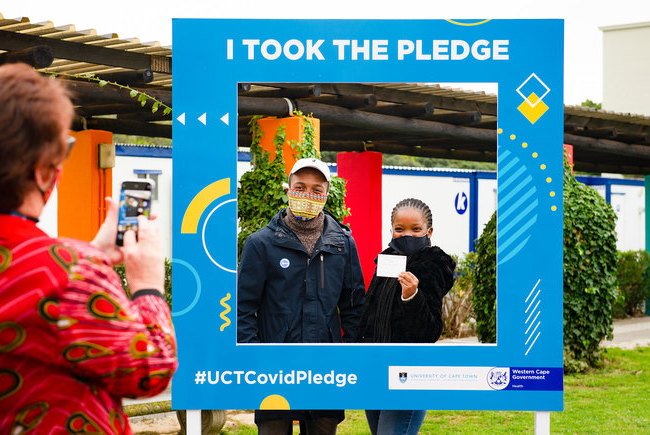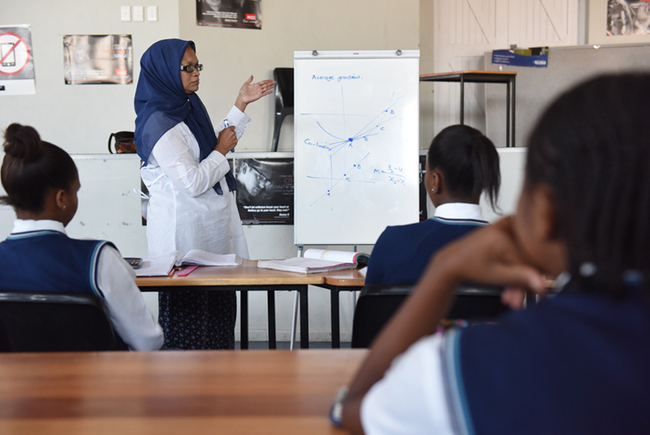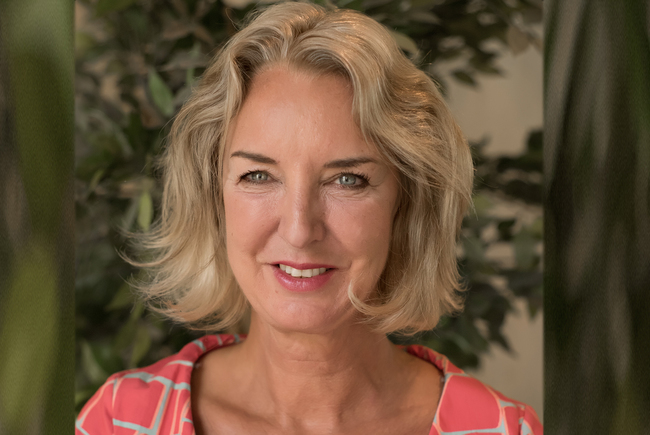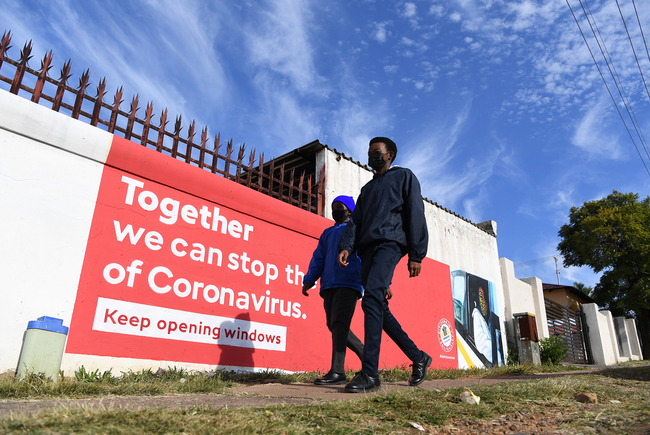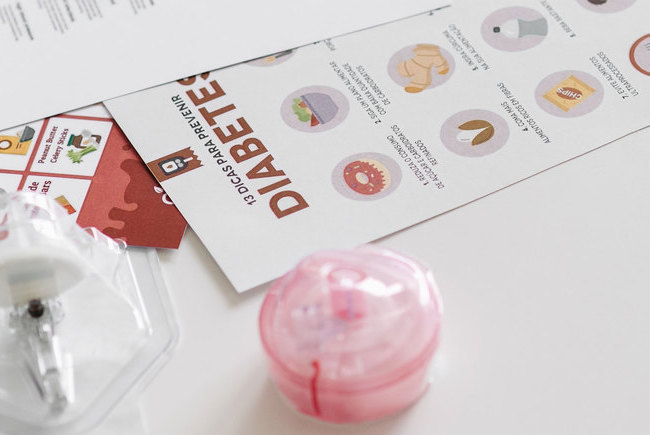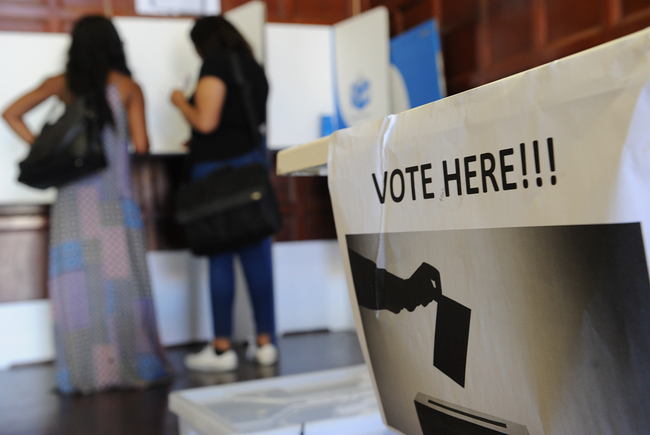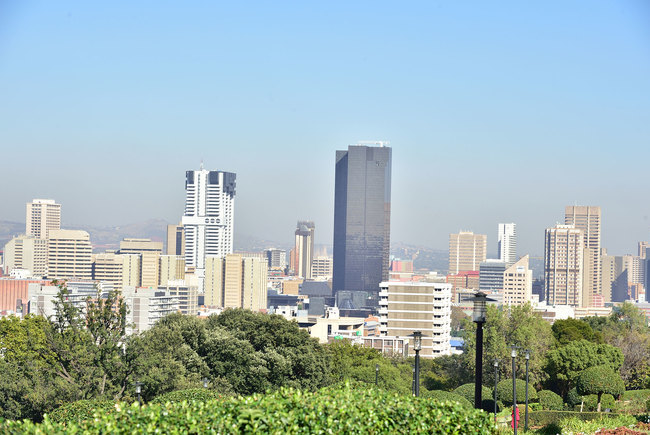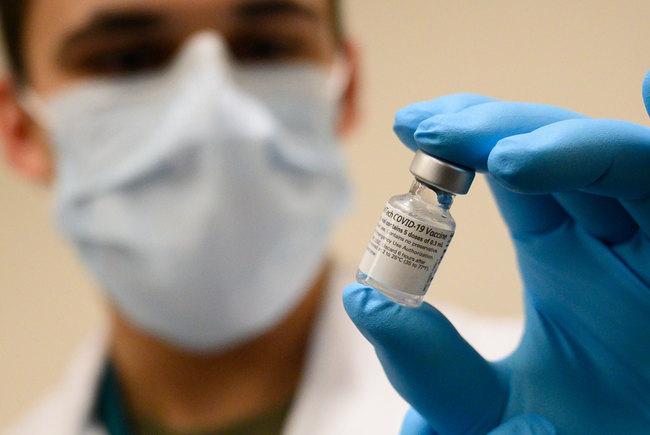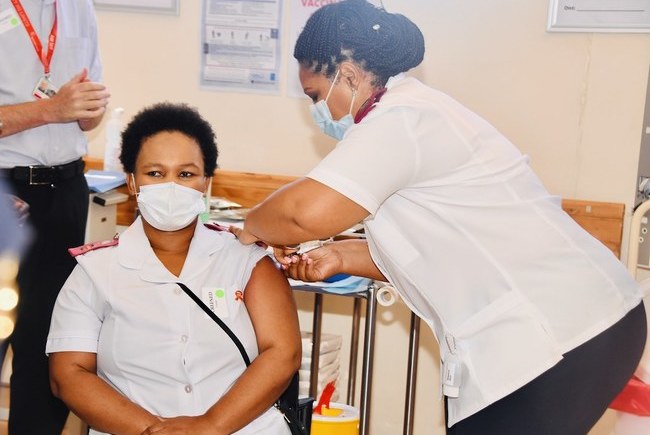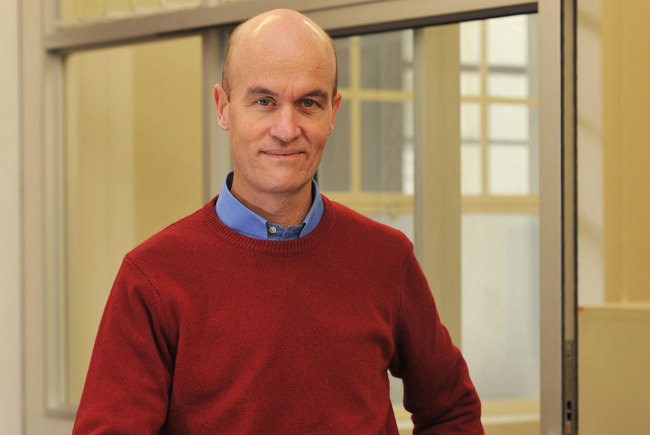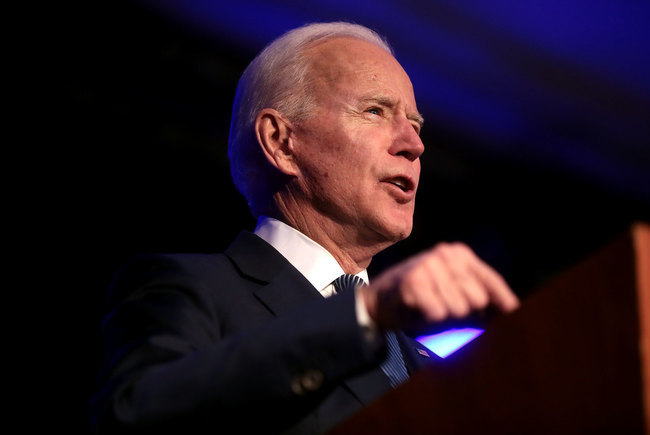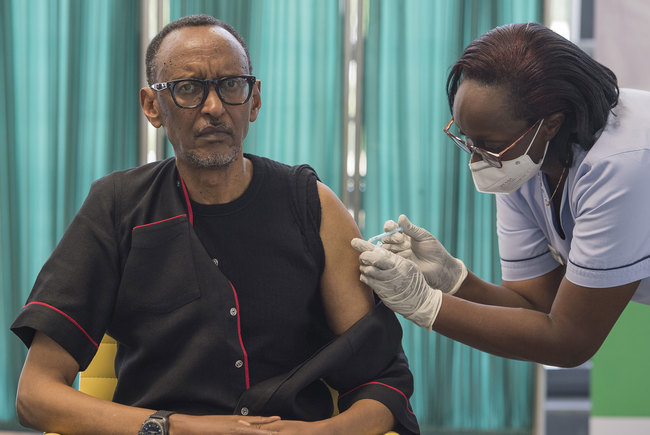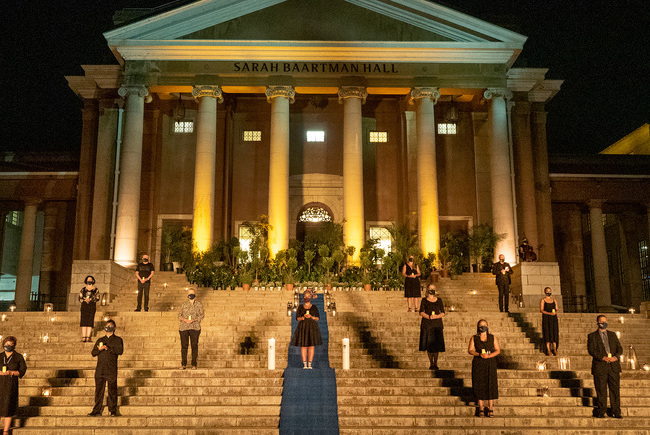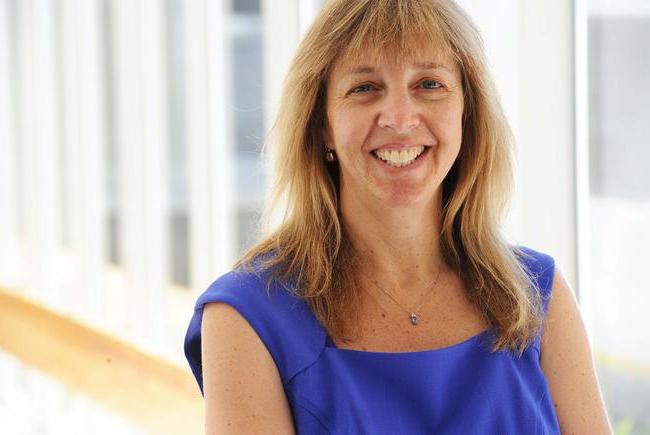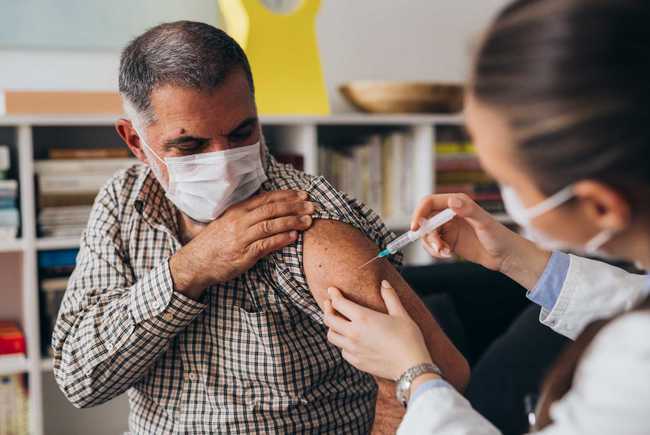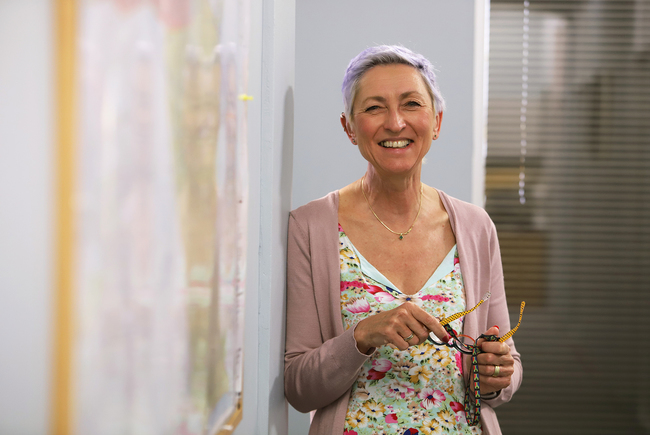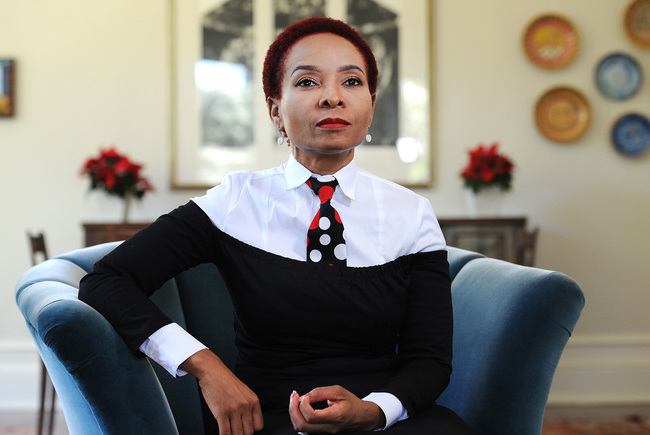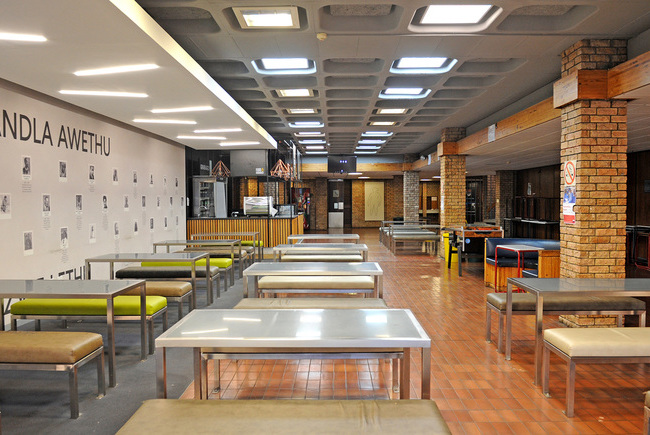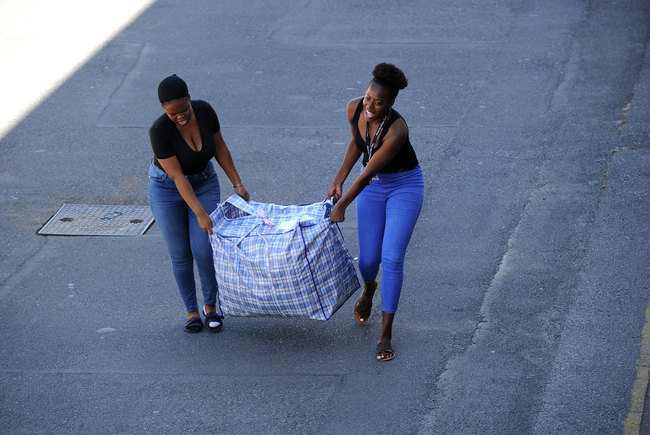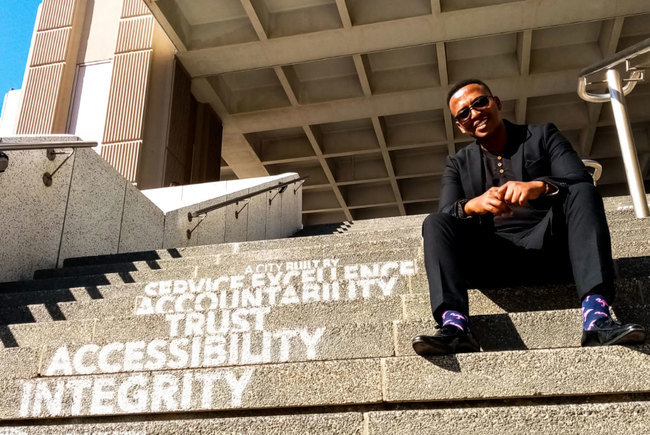Report on the UCT Council meeting of 4 December 2021
09 December 2021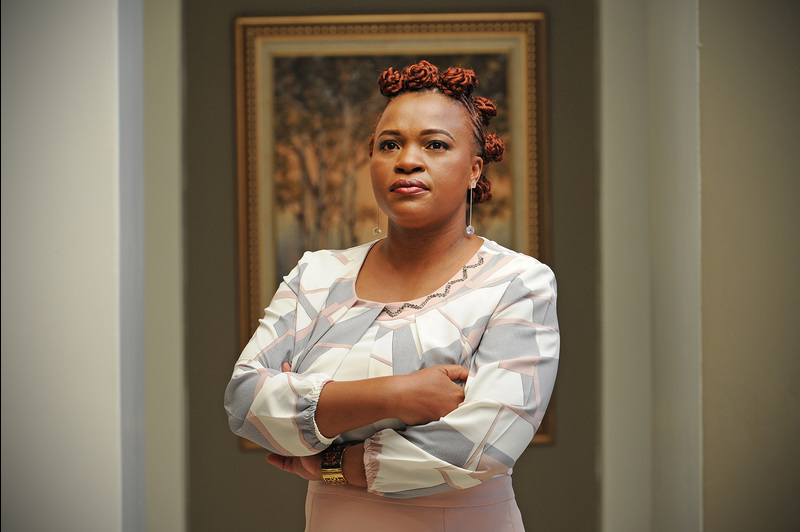
Dear members of the UCT community
Our final Council meeting for this year took place on Saturday, 4 December. Council applauds and appreciates our university community – our staff and students – for all the achievements of this difficult year. Despite the continuing COVID-19 pandemic and the devastation of the April fire, you have preserved and advanced UCT’s tradition of excellence, demonstrating resilience, strength and determination. As always, we were supported in this by our alumni, donors and friends, both here in South Africa and across the world. On behalf of Council, our sincere gratitude. I am writing now to bring to your attention some of the key issues that Council considered at its latest meeting.
COVID-19 vaccinations
Council took an in-principle decision in October 2021 that in 2022, all staff and students must – as a condition to perform their duties or to be registered – provide proof that they have been vaccinated against the SARS COVID-19 virus (COVID-19). Council requested the university executive management to establish an appropriately constituted panel to develop the operational details to implement that in-principle decision, including guidelines for exemption from the vaccination requirement.
The panel was established and has commenced its duties. A draft vaccination institutional rule or policy will be put out for public consultation in the next few weeks; following which, a final decision will be made by Council on both the in-principle decision and, if necessary, the content of the vaccination rule or policy.
LGBTQI+ Panel Review
On Monday, 6 December, I wrote to you about the important work of the panel that I initiated in order to review our policies and practices that ensure that we fully respect the rights of the LGBTQI+ community, both within the university and more generally. At its meeting, Council welcomed the panel’s report and endorsed the priority of addressing the issues that the panel had raised in its recommendations. Staff and students are invited to read and comment on the report. Council will consider the report’s recommendations, along with the comments and suggestions submitted by the university community, at its March 2022 meeting.
Teaching and Learning Report 2020
The Teaching and Learning Report gives a detailed and insightful account of undergraduate education, across all of our faculties. Council engaged with the 2020 report in detail, recognising the importance of teaching and learning as a fundamental component of UCT’s academic mission. We applaud all our academic staff, and their colleagues who make teaching and learning possible, for their persistence, resilience, and creativity in teaching under some of the most difficult conditions imaginable. And we recognise the hard work and commitment of our students in studying online and in the face of all the disruption inflicted by the COVID-19 pandemic.
While this year has been difficult, the challenges of maintaining the academic project under lockdown conditions has ignited innovative ways of using digital learning resources in many parts of the university. Bringing these initiatives to fruition requires appropriate investment, and your Council was pleased to be able to approve the award of a tender for the implementation, hosting, support of and migration to a new, cloud-based, learning management system. This will replace the university’s venerable but outdated Vula learning management system.
Employment Equity Plan 2022-2026
Achieving an equitable staffing profile is a fundamental objective of Vision 2030. Our approach to this is clearly set out in the University Employment Equity Policy, which was approved by Council after widespread consultation, and which came into effect in March this year. In turn, our policy sets out how we as a university will meet our statutory obligations in terms of the Employment Equity Act and our responsibilities for setting targets and reporting progress to the Department of Employment and Labour.
The university’s current Employment Equity Plan ends on 31 December. Accordingly, Council considered and approved a new Employment Equity Plan that will run for five years from the beginning of January 2022. Targets for improving the representation of all designated groups have been based on a careful and thorough analysis of anticipated resignations and retirements, and have been signed off by the responsible deans, executive directors and directors. In approving the new plan, we noted that, as required by UCT policy, training will be phased in for all chairs and members of selection committees. We also noted that accountabilities for achieving our employment equity targets will be strengthened and that there will be particular attention to equitable career progression opportunities for all staff in the university.
Policies
Council has an important responsibility to ensure that required institutional policies are developed and are appropriate. This includes reviewing existing policies.
At its meeting on 4 December, Council approved a revised Disability Policy. The promotion of disability inclusion is an important requirement and is core to our institutional values. Council also approved an interim Privacy and Data Protection Policy. This will guide the way in which we safeguard personal information in line with data protection regulations. Over the next year, additional work will be done to develop and strengthen these protections in the interest of all our students and staff.
Financial sustainability and investment
Currently, we are living and working in a challenging financial environment that is difficult for both the university as an institution and for many of you and your families. At the same time, government is reducing funding for Higher Education, particularly the support available for low-income families from the National Student Financial Aid Scheme (NSFAS). In this context, and as advised by its Finance Committee, Council approved recommendations for tuition and residence fees for 2022, subject to alignment with anticipated ministerial recommendations. Council also approved the 2022 budget proposals, including capital, operating and strategic proposals. We also noted that the vice-chancellor and her team are focusing on medium to long-term strategies to ensure our university’s financial viability in the future.
Council is also responsible for the stewardship of our financial endowments that have been built up through the generosity of our alumni and donors. Council is firm in the view that the university will act responsibly and decisions taken will be mindful of the importance of the environmental considerations and related sustainability factors that apply. In December last year, we adopted a Responsible and Sustainable Investment Policy that provides detail on how the university will integrate environmental and social considerations into investment decision-making. In order to implement this policy, we set up an expert advisory committee, the University Panel for Responsible Investment (UPRI). UPRI has recommended that the university discontinues fossil fuel investments in response to the globally recognised climate emergency. At our meeting, Council confirmed its support for responsible investment and noted that it was not opposed to fossil fuel divestment, and resolved to request the advice of the UCT Foundation Trustees and the Joint Investment Committee, enabling Council to make a final decision on this issue at its meeting in March 2022.
In conclusion
As this year draws to a close, our thoughts are with those who have lost loved ones not only to the pandemic. We mourn the passing of all members of the UCT community. My sincere thanks go to staff, students, our alumni community and our donors, the friends of UCT who continue to shower our university with goodwill and support, and to my fellow members of Council. We will be all the stronger in 2022 because of all of you.
With best wishes
Babalwa Ngonyama, CA (SA)
Chair of UCT Council
Read previous communications:
 This work is licensed under a Creative Commons Attribution-NoDerivatives 4.0 International License.
This work is licensed under a Creative Commons Attribution-NoDerivatives 4.0 International License.
Please view the republishing articles page for more information.
UCT’s response to COVID-19 in 2021
COVID-19 is a global pandemic that caused President Cyril Ramaphosa to declare a national disaster in South Africa on 15 March 2020 and to implement a national lockdown from 26 March 2020.
UCT is taking the threat of infection in our university community extremely seriously, and this page will be updated regularly with the latest COVID-19 information. Please note that the information on this page is subject to change depending on current lockdown regulations.
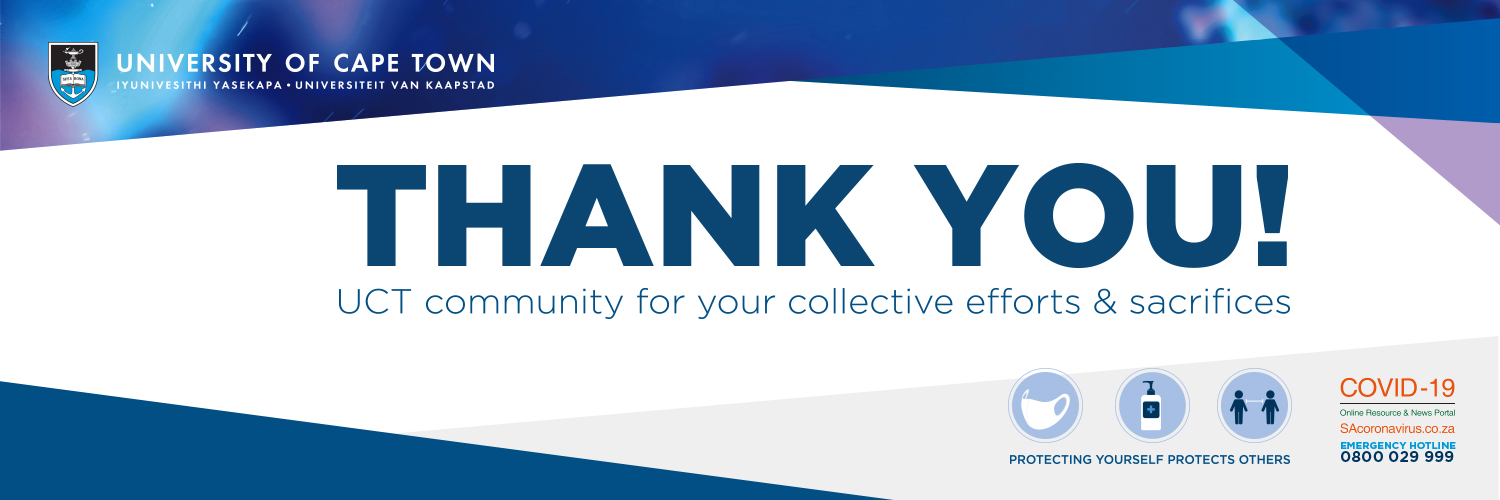
Global Citizen Asks: Are COVID-19 Vaccines Safe & Effective?
UCT’s Institute of Infectious Disease and Molecular Medicine (IDM) collaborated with Global Citizen, speaking to trusted experts to dispel vaccine misinformation.
If you have further questions about the COVID-19 vaccine check out the FAQ produced by the Desmond Tutu Health Foundation (DTHF). The DTHF has developed a dedicated chat function where you can ask your vaccine-related questions on the bottom right hand corner of the website.
IDM YouTube channel | IDM website
UCT Community of Hope Vaccination Centre
The University of Cape Town in partnership with the Western Cape Government (WCG) have reinforced our commitment to bringing hope to the residents of the Mother City with the launch of the world‑class Community of Hope Vaccination Centre that opened its doors on Monday, 30 August 2021.
The site is located on Main Road in Mowbray – in the Forest Hill Residence – and access is from Broad Street. The site is open every Monday to Friday from 08:00 to 15:00 and on Saturday from 09:00 to 13:00. Please allow time for attending to COVID-19 protocols and arrive as early as possible at the vaccination centre.
Frequently asked questions
News and views
Campus communications
2021
Media releases
Read more
UCT statements related to COVID-19 vaccinations
This is a space created for all formal bodies and structures within the university community to share their opinions on the need for a mandatory COVID-19 vaccine policy. Please note that some editorial judgement may be applied if the received statements go against any constitutional rights, and that no correspondence will be entered into, statements will be posted unedited and as received. Statements can be sent to opinions@uct.ac.za.
Commemorating a year of COVID-19
At midnight on 26 March 2020, South Africa went into the first nationwide hard lockdown. A year later, we remember those who have died and those who have been affected by COVID-19, as well as the pandemic’s effects across society and campus. We are especially grateful for the front-line health workers who have done so much for so many.
#UCTCOVIDPledge – social media elements
Customised Facebook frames and Instagram stickers are now available on those social media platforms. Watch the tutorial videos here to see how easily you can show your support for the #UCTCOVIDPledge.
In an email to the UCT community, Vice-Chancellor Professor Mamokgethi Phakeng said:
“COVID-19, caused by the virus SARS-CoV-2, is a rapidly changing epidemic. [...] Information [...] will be updated as and when new information becomes available.”
We are continuing to monitor the situation and we will be updating the UCT community regularly – as and when there are further updates. If you are concerned or need more information, students can contact the Student Wellness Service on 021 650 5620 or 021 650 1271 (after hours), while staff can contact 021 650 5685.

















